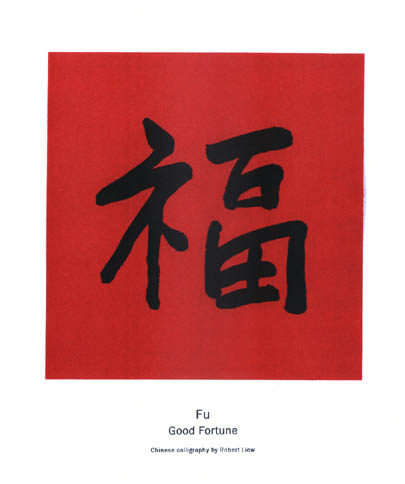STUFF I LEARNED FROM S. Gordon Redding's "The Spirit of Chinese Capitalism"
If there's one thing we know, one thing we are sure of, about business, it's that the Chinese are very good at it. If you take a look at Forbes' list of richest Filipinos in 2010, you'll find that 7 out of 10 are of Chinese descent. Ask anyone you know to name a successful businessperson, it's almost certain that that person will quote a Chinese name. And this phenomenon is not exclusive to the Philippines--we see it in other countries in the region as well, what with Dhanin Chearavanont of Thailand, Robert Kuok of Malaysia, Sudono Salim of Indonesia, just to name a few.
So it's not surprising to hear many aspiring entrepreneurs ask, "What makes these successful Chinese businessmen and families tick?" And with today being the Second Day of the Lunar New Year celebrations, it's as good a time as any to try to answer this question.
I say "try" because there is no one, clear cut answer. But one of the more popular schools of thought is that it's all about the culture--Chinese culture in particular--and the beliefs and values that come with it. And with that, let's go through this list from Gordon Redding's seminal work that can help us better understand what separates Overseas Chinese businesses from all the others.
1. Collectivism and familism. Among the Chinese, there is a greater emphasis on an individual's connections and relationships with others than the individual in isolation, and that the only essential and most important grouping within which this individual exists is the family.
2. Limited and bounded trust. Of course the Chinese know that the family is surrounded by people on the outside that it needs to coexist and interact with: an extended network consisting of relatives, friends, and business partners, and society-at-large, which includes everyone else. Within these two societal spheres, the Chinese follow a simple rule: trust family absolutely; your friends and acquaintances to the degree that mutual dependence has been established and face invested in them; with everybody else, no assumption about goodwill.
3. Guanxi or personal connections, which is clearly an offshoot of the two items above. It is widely believed that this network of connections is one important source of competitive advantage, an exclusive asset that Overseas Chinese use to get ahead in business.
4. Hsiao or filial piety. Absolute obedience to the father, the head of the family. It comes from a set of rules about deference that define important relationships within the family, with the five most important ones being (in descending order of importance): father-son, husband-wife, elder brother-younger brother, ruler-subject (or boss-subordinate), and as well as hierarchical distinctions.
5. Work ethic and hard work. In a society where each family is dependent on its own resources for survival, and where each individual is in turn dependent on family support for so much in life, the person who is not working as hard as he or she might for the common good will come under intense social pressure.
6. Money, frugality and pragmatism. Money-mindedness is often attributed to Southern Chinese, the regional group where most Chinese-Filipino families originate from. In these families, children are taught early to value money and not be easily deprived of it, and to bargain. Also, unlike in conservative Western thinking in the olden days, to the Chinese the pursuit of riches is seen as being respectable. Of course, historically, frugality is the result of "being so poor for so long" for many of the first generation of Chinese immigrants, and has eventually become a matter of pragmatism for later generations.
7. Li, or good manners and gentlemanly conduct. With the concept of collectivism and familism above, it results in the importance of "face," how the behavior of an individual may affect not only his or her reputation, but the social standing of the entire family as well.

